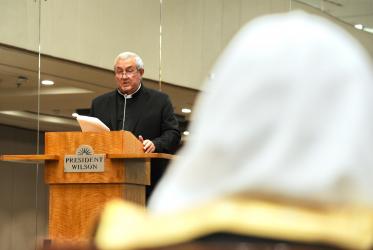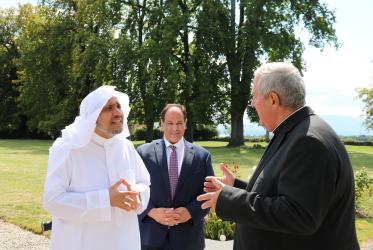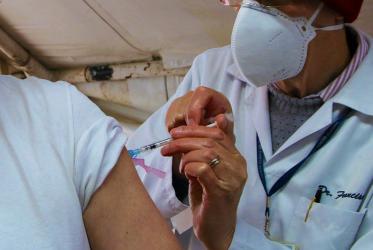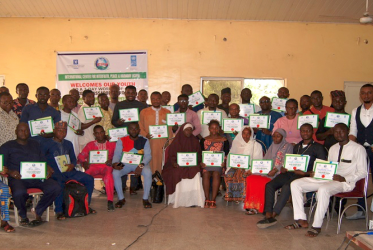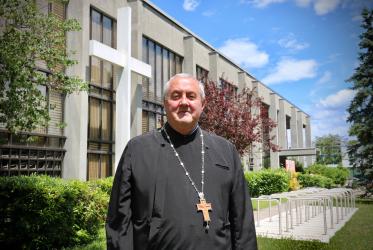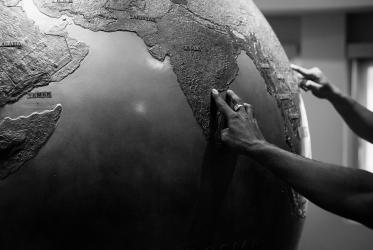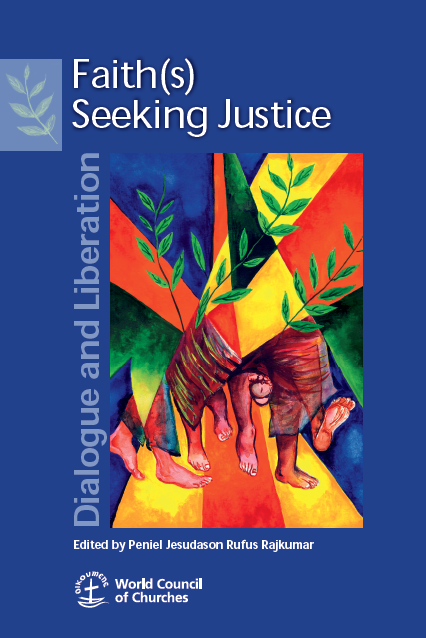Displaying 141 - 160 of 866
WCC honored with Bridge Builder Award 2021
02 July 2021
Le COE reçoit le Bridge Builder Award 2021
02 July 2021
Webinar - Intergenerational conversation will commemorate 50 years of WCC’s interreligious inroads
01 July 2021
https://us02web.zoom.us/webinar/register/WN_dwi_li4JTI6FRzEaqGeqvw
